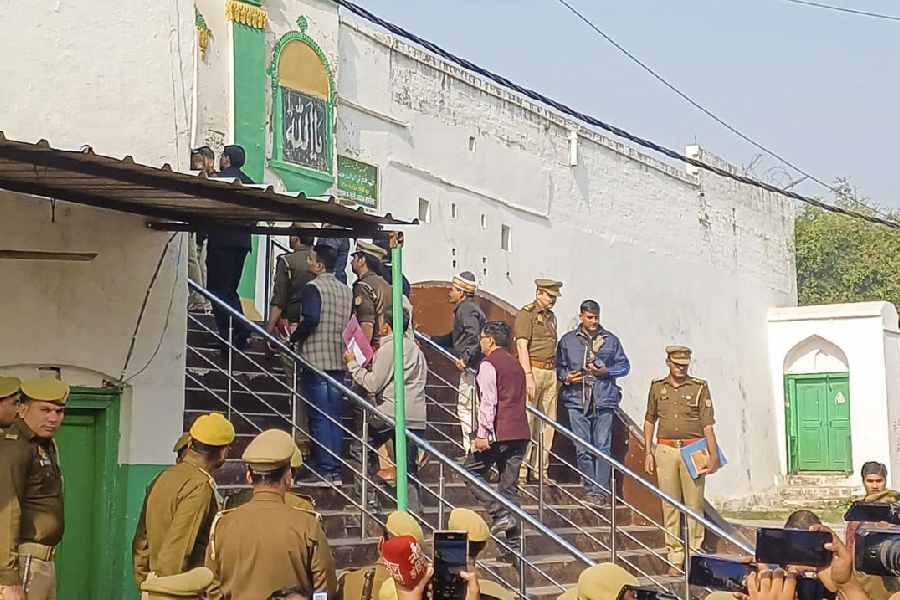The Supreme Court, sitting on a number of petitions for and against the Places of Worship (Special Provisions) Act, 1991, ordered all lower courts to stop registering new suits claiming that mosques had been built over Hindu places of worship until the hearings concluded. Courts are also not to issue interim or final orders on suits already registered or to order surveys for this period. The Places of Worship (Special Provisions) Act, 1991 was a forward-looking law. It tried to ensure that conflict over the character of places of worship between communities and segments of communities were avoided. According to it, all places of worship except the Ramjanmabhoomi-Babri Masjid site were to retain their character as on August 15, 1947 and no conversion of these were to be allowed. Peaceful coexistence and the continuity of traditional sites of prayer could be ensured by this law. It stood against disruptions in the sphere of faith.
In spite of this, and perhaps inspired by the Ayodhya judgment, Hindu
organisations have been claiming that a number of places of worship of the minority community were built over temples and demanding surveys from courts to assess their ‘original’ character. For instance, the Shahi Idgah mosque in Mathura was supposed
to have been built over Krishna’s birthplace, while the Gyanvapi mosque in Varanasi was alleged to have hijacked part of the Kashi Vishwanath temple. Lower courts have been registering these suits and ordering archaeological surveys to establish the truth — or, presumably, falsity — of these claims. These courts ignored the Places of Worship (Special Provisions) Act, supposedly because it did not forbid surveys. The danger of such decisions became painfully obvious in the death of some people who were among those resisting a survey of the Shahi Jama Masjid in Sambhal in Uttar Pradesh.
The Supreme Court’s firm orders have brought a respite in the simmering unrest centred on worship sites. India’s history, especially recent events arising from the only contention allowed by the Places of Worship (Special Provisions) Act, demonstrate how tragic and divisive such disputes can be. The petitions before the Supreme Court that are against this law in effect pose a challenge to it. These question its constitutionality — it does not allow for judicial review — and claim that it hurts cultural and religious rights of the majority community and supports the ravages of invaders. The Supreme Court, which recently dismissed a petition from Subramanian Swamy of the Bharatiya Janata Party and others demanding that the words, ‘secular’ and ‘socialist’, be removed from the Preamble as they were added later and eliminated free choice, has asked for the Centre’s response to the case in a month and responses of the petitioners’ to it in another month. The importance of the court’s orders to put a stop for the time being to suits seeking to upset traditions of worship by speculating on the past cannot be overestimated. The present and the future of the country are what matters.










